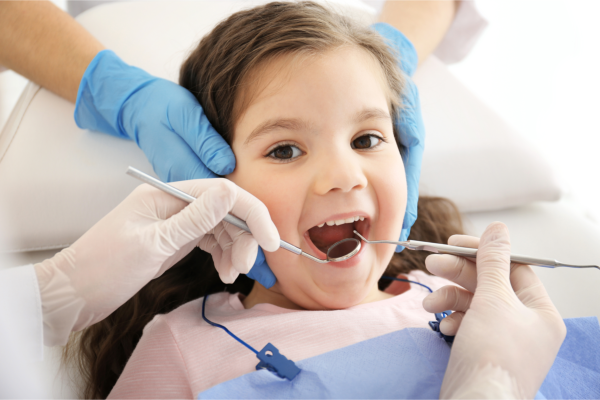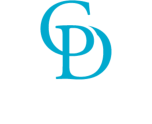Children's Dentistry
Childhood dental habits establish the foundation for oral health during adulthood. By training children about proper hygienic habits at an early age, parents and caregivers can set them up for a lifetime of good oral health.
Visiting the Dentist for the First Time
A child’s first visit to the dentist should fall around his or her first birthday. This is the time when many of the baby teeth have erupted into the gums, and it is approximately six months following the breakthrough of the first baby tooth. It is important to make visits to the dentist an exciting experience for young children. Parents should speak with children openly about an upcoming dental appointment and answer any questions a child may have about the experience.

What to Expect
By the age of three, most children have 20 teeth often referred to as “baby teeth.” Children are born with these teeth, although they do not appear until several months of age. Although these teeth will eventually fall out – usually beginning around the child’s sixth birthday – they are still susceptible to decay until that time. During childhood, the dentist will inspect the baby teeth for cavities and signs of decay, as well as ensure the teeth are erupting normally. As the child grows, dental visits continue according to a schedule determined by the dental care provider.
Parents are also instructed on proper home dental care and advised of day-to-day habits that could cause early decay. Caution may be given about:
- Pacifier usage
- Sending children to bed with bottles or sugary beverages
- Using fluoridated toothpastes prior to age two
Caring for a Child’s Teeth between Office Visits
At-home dental care is equally important as visiting the dentist on a regular basis. Even before the teeth erupt in a child’s mouth, the gums should be gently washed each day. Twice-daily brushing should begin as soon as the teeth break through the gums, although the teeth may initially be cleansed using water, rather than toothpaste. As the child gets older, it is safe to begin using children’s toothpaste as recommended by the child’s dental provider.

